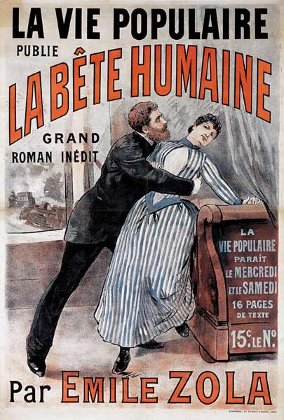Jesus' Son
 Jesus’ Son by Denis Johnson (1992). Although the title comes from Lou Reed’s song “Heroin,” it assumes another meaning in this collection of eleven linked short stories about a character who endures drug addiction, car crashes, and violence to learn who he is and achieve some grace.
Jesus’ Son by Denis Johnson (1992). Although the title comes from Lou Reed’s song “Heroin,” it assumes another meaning in this collection of eleven linked short stories about a character who endures drug addiction, car crashes, and violence to learn who he is and achieve some grace.
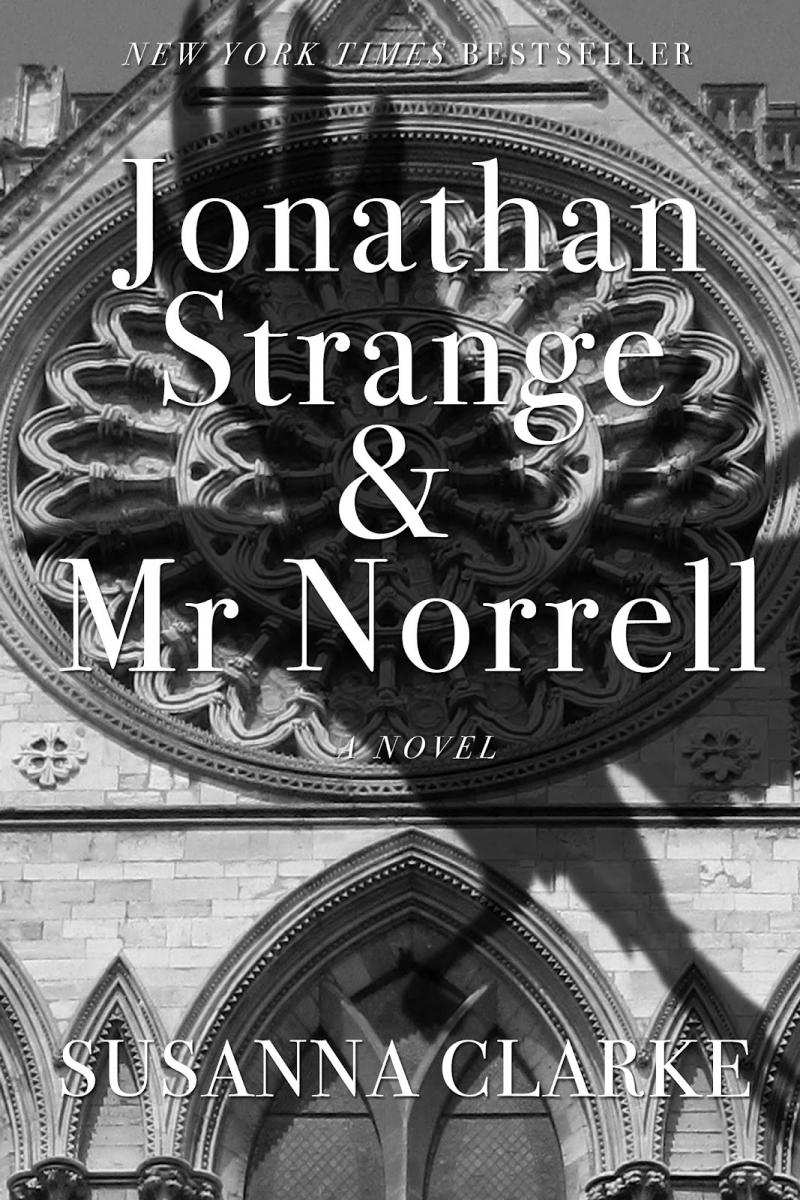
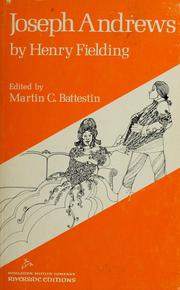 Joseph Andrews
Joseph Andrews JR
JR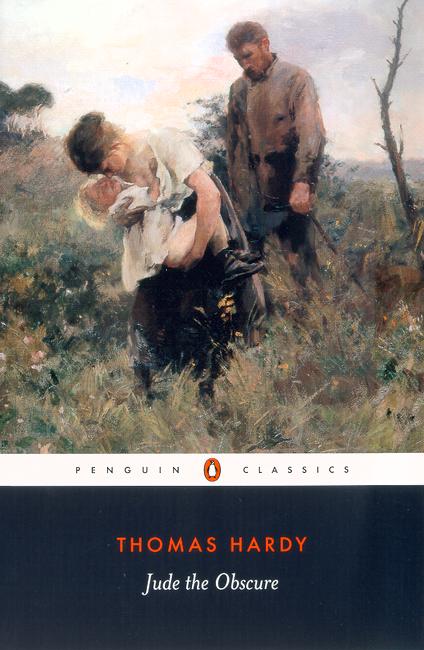 Jude the Obscure
Jude the Obscure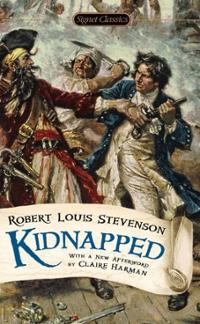 Kidnapped
Kidnapped King Lear
King Lear Kristin Lavransdatter
Kristin Lavransdatter